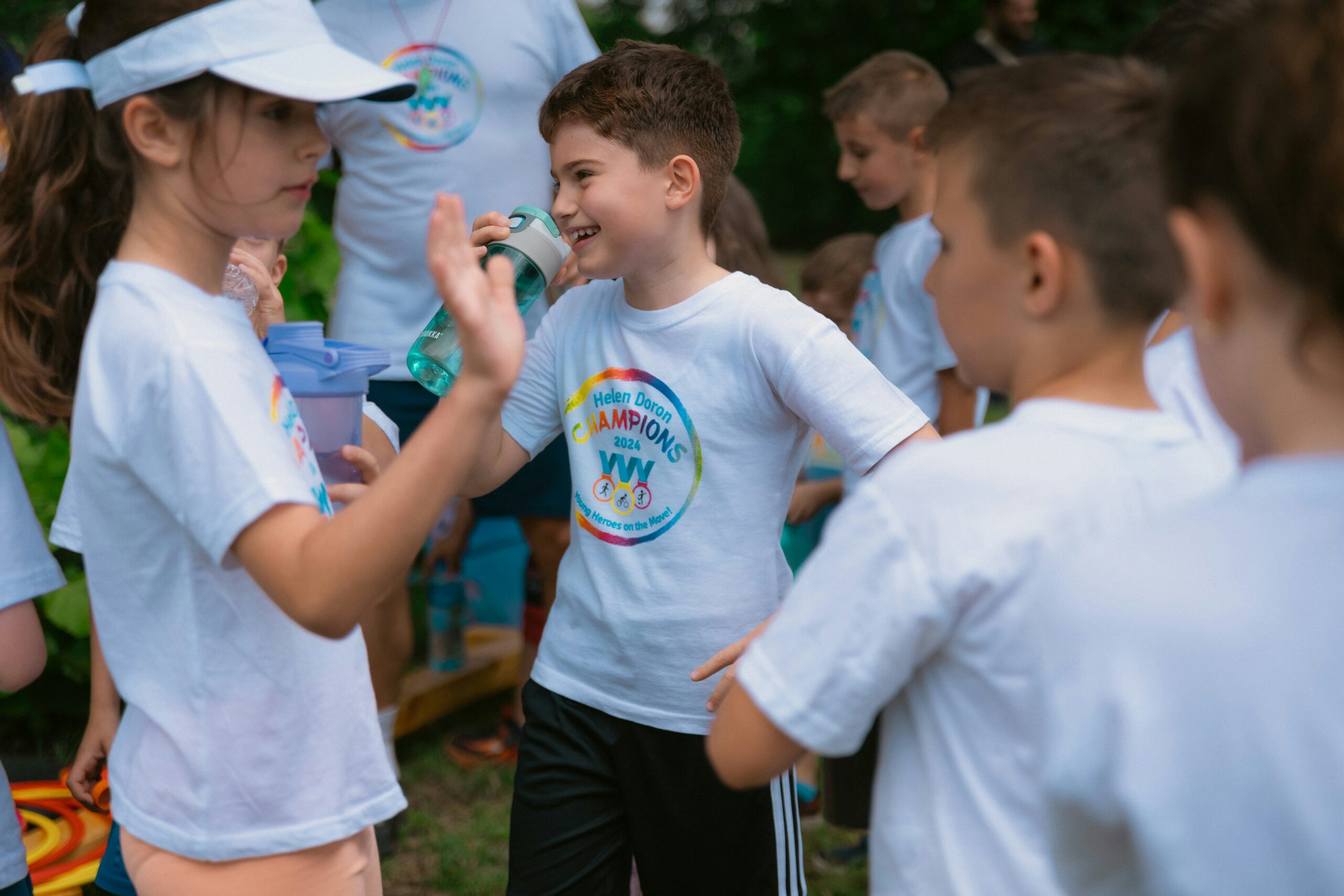
Camps have always been more than just a fun escape from daily routines. They create opportunities for young people to grow, connect, and discover themselves. At the center of this experience stand leaders. Leadership roles in camps matter because they provide guidance, structure, and purpose to participants. Leaders help campers build confidence, develop teamwork skills, and connect with deeper values that shape their lives long after camp ends.
Creating a Safe and Supportive Environment
Every camp experience begins with trust. Leaders ensure that campers feel welcome, safe, and supported. When young people feel accepted, they open themselves up to new opportunities. They try activities they might fear, share their thoughts in groups, and form lasting friendships.
Leaders create this environment by showing consistency and care. A supportive culture helps participants feel comfortable enough to take risks, explore challenges, and embrace growth. Safety and trust are not just background elements; they are the foundation of meaningful camp experiences.
Building Faith and Purpose
For many camps, spirituality and purpose are central themes. Leaders guide youth through reflective practices such as prayer, group discussions, or personal journaling. They encourage questions and conversations that help participants connect with their beliefs and values.
This kind of guidance does not force answers but inspires discovery. Youth learn that faith and purpose grow stronger when explored with an open mind. Leaders who model authenticity show campers how to live their values. This influence often sparks long-term growth, helping young people carry lessons of faith and direction into their everyday lives.
Encouraging Teamwork and Collaboration
Camps thrive on community, and teamwork is vital to success. Leaders guide group projects, outdoor challenges, and service activities that require cooperation. These activities teach campers how to listen, respect others, and value every voice in the group.
Teamwork lessons extend far beyond camp. Campers discover that working together builds stronger outcomes than acting alone. Leaders help them see that collaboration is not only a skill for camp but also a foundation for success in school, sports, and future careers.
Developing Responsibility and Independence
One of the most important lessons of camp is the importance of responsibility. Leaders assign campers meaningful roles, such as organizing small group activities, helping care for equipment, or assisting younger campers. These tasks help participants understand the concepts of accountability and ownership.
Through these experiences, campers grow into independence. They begin to recognize that their contributions make a difference. Leaders use responsibility to teach essential life skills, such as discipline, organization, and problem-solving. These lessons shape confident individuals ready to face new challenges.
Strengthening Emotional Resilience
Camp life brings joy, but it also tests resilience. Campers may face homesickness, peer conflicts, or struggles with activities. Leaders step in to support them through these challenges. By listening, encouraging, and guiding, leaders teach campers how to handle difficulties with strength.
This emotional resilience becomes one of the most valuable outcomes of camp. Participants learn to view obstacles as opportunities for growth. Leaders model patience and optimism, showing campers that setbacks are not failures but opportunities for personal growth. These lessons help youth face future challenges with courage.
Inspiring Confidence in Youth
Confidence grows when young people are trusted with responsibility and supported in their efforts. Leaders encourage campers to take on challenges and celebrate their achievements. Each small success builds their belief in themselves.
As campers grow more confident, they begin to lead activities, speak in groups, and mentor peers. Leaders play a key role in guiding this growth. Their encouragement transforms youth into individuals who see themselves as capable, strong, and ready for leadership beyond camp.
Preparing the Next Generation of Leaders
The most significant impact of leadership in camps is its ability to inspire the next generation. Campers watch their mentors model integrity, compassion, and responsibility. Many return as junior leaders, eager to pass on what they learned.
This cycle of growth ensures that leadership roles in camps continue to shape lives year after year. Youth see themselves not only as participants but as leaders who can guide others. Camps become training grounds for future leaders in communities, schools, and workplaces.
Creating a Lasting Legacy
The lessons from camp do not end when summer ends. Campers return home with confidence, faith, and skills that last a lifetime. Leaders derive satisfaction from knowing their impact reaches far beyond camp. Together, they create a legacy of growth and purpose.
This legacy underscores the importance of leadership roles in camps. They are not about managing activities but about shaping lives. Leaders guide youth to discover their strengths, deepen their faith, and find their place in the world.
Why Leadership Roles in Camps Matter
Leadership roles in camps matter because they transform ordinary camp experiences into journeys of growth. Leaders create safe environments, guide spiritual reflection, encourage teamwork, build responsibility, and inspire confidence. These contributions shape the future by preparing youth to live with purpose and strength.
Camps may last only weeks, but the lessons of leadership stay with campers for years. The role of leaders is not just to guide activities but to light the path for the next generation. That is why leadership roles in camps matter—they shape lives, strengthen faith, and inspire confidence for a brighter future.